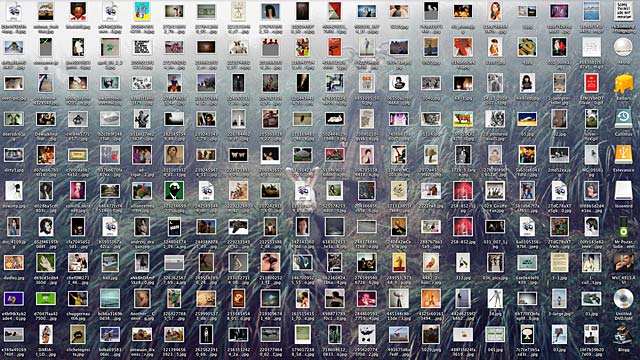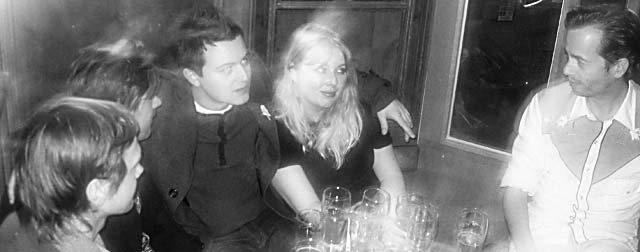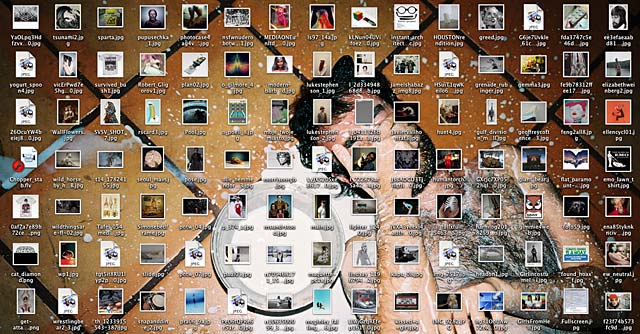Crossposted from Metafilter on the subject of todays court ruling against The Pirate Bay in the lower court. Let’s see how it all will play out. In the mean time, I tried to formulate a few thoughts – They’re mostly rehashings of what has been said again and again by people a lot smarter and visionary than I, but what the hell is a blog good for if not self publishing? Check out the mefi thread for the discussion.

Copyright infringement is a violation of someone elses monopoly on exploiting whatever it is that falls under “intellectual property” and isn’t covered by patents or similar legal devices.
If I download an unathorised copy of a book you’ve written, it doesn’t follow that I’m causing detriment to you. Of course that could be construed as a cop-out — “Oh, I wouldn’t have bought that anyway” — but it’s a valid argument. Also, I could maybe even profit from it, (one of the charges levelled against tbp) but this does not automatically constitute detriment to you, unfair thought it might seem. (Big corps fucking over small time artists is a familiar theme)
I might enjoy your book, but that is a weak argument since it’s about moral right more than financial or other damage to you or your ability to make a living as an author. It’s saying “only if you pay me are you allowed to enjoy my work” which seems reasonable but is about your feelings and convictions more than detriment caused.
There are technical aspect to consider in this as well; If I use Bittorrent and seed as much as I leech, I might aid someone else to your detriment (Oh I don’t know. It’s an unedited copy and it’ll garner you a negative review. Or that other person is someone who otherwise would have bought the book. Whatever.) which of course has a bearing on your argument. (Difficult to measure though.)


But you need to differentiate between purely moral arguments which are founded on your thoughts of authorship — originality, uniqueness and the “creators” right to his/her own “work” — and more practical and pragmatic convictions and policies (A majority of our population believes musicians should be able to make a living off of music) and the implementation thereof.
Regardless on what side you come down on, the very way the Internet works forces the issue of copyright infringement to come head to head with other interests. It’s not fair, but in this case I don’t see how you can imbue technology with morals or a material model of scarcity.
Every decision that has been made lately (In Sweden as elsewere) regarding laws online, have eroded the notions of right to privacy in favour of political and financial gain. As much as I like having such a plethora of music, books and film to choose from, I’d rather have my privacy.
But until the fear and shortsightedness is beaten out of people by one fifteen year old with time on her hands after another, let’s put the same broken record on once again, shall we?
